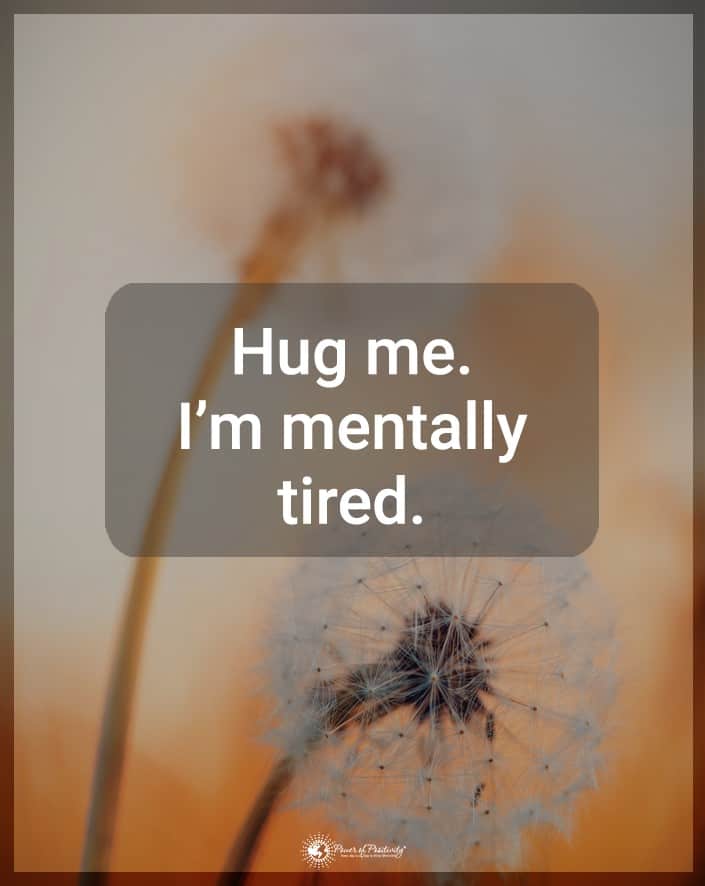Emotions are an important part of our daily lives. Whether we’re having a very good laugh over a text or feeling annoyed in rush-hour traffic, we all know that the highs and lows we experience from one moment to the next could significantly affect our well-being.
There are two essential emotions that each of us experiences–fear and love. Suicide counselors warn that other emotions are categories of the two emotions. Thoughts and behavior result from either a place of love or one of fear. Anxiety, control, anger, sadness, inadequacy, depression, confusion, loneliness, hurt, shame, guilt; are all fear-based emotions. Emotions like happiness, joy, caring, compassion, trust, truth, satisfaction, contentment are love-based emotions.
Obviously, there are various levels of intensity of the two types of emotions, a few being minor, others average, and others are strong in intensity. For instance, you might experience anger in a minor form as dismay or disgust. At an average level, it could be felt as exasperation or getting offended. And at a strong level could be felt as hate or rage; the feeling that usually underpins rage is fear.
We have all experienced various levels of feelings based on both love and fear at some point or another. When we are children, we get help navigating those emotions from our parents, friends, and even our teachers. Yet when we become adults, it’s up to us to keep our emotions under control while still continuing to honor them.
Here are 5 signs you have your emotions under control:
Do these behaviors describe you? If so–congratulations! You have excellent emotional intelligence. If not, then consider yourself a work in progress.
1. We address everybody around us with trust, love, and sympathy.
It will take an emotionally motivated person to react to poorly behaved individuals with trust, love, and sympathy. That does not mean we should always accept their negative behavior; we could still maintain control and be assertive while also remaining loyal. If we do not allow our emotions to control us, then an adoring, sincere and compassionate state of the mind and heart moves through our involvement and connection with others, regardless of their behavior.
We can take this approach because we don’t allow emotions such as fear and anger to control our reaction, like reacting to frustration with frustration, to anxiety with anxiety, or even indecency with indecency. As stated earlier, our emotions are a representation of our life, including our thoughts, beliefs, and memories. We should be motivated to ensure that we don’t permit our emotions to take total control of us whenever we’re confronted with difficult individuals or difficult encounters.
2. We can overcome our depression and anxiety.
Healing our mind and health through self-reflection and action is exactly what helps with some kinds of depression and anxiety. Sadness is the bottom emotion to depression and fear is the bottom emotion to anxiousness. It’s those feelings that we must address to make sure they will no longer control our major feelings about our daily life. Our feelings and beliefs play an important role in our emotional state, and we have the power to recognize and understand them to move through the major emotions that feed our anxieties and depressive moments.
3. We respond to our experiences instead of reacting to them.
Allowing ourselves that small space to accept what we’re experiencing gives us the time to completely integrate our emotions into our beliefs. As we encounter difficult experiences that conjure up strong emotions, responding rather than reacting to those encounters is self-empowering. When we do, we’re very likely to treat ourselves with healthful and beneficial energy rather than getting sucked into harmful states of pressure and agony.
4. We let challenging emotions go instead of holding onto them.
Emotions such as fear and anger might be destructive when we hold onto them. They’re definitely useful in some situations to make us aware of challenging situations, but those situations are often less challenging than our feelings would indicate.
We have to control reactions such as fear and anger so that they will no longer control our feelings and behaviors. Though it is a process; to start with, we need to accept them as part of who we are. Then, beyond understanding them, also ponder their meaning and use them to help motivate us to progress. After we’ve taken the beneficial parts out of difficult emotional encounters, that’s when we are able to let them go, particularly so we don’t allow setbacks to occur.
5. We know the main difference between our emotions and feelings.
Feelings are a combination of our emotions, beliefs, philosophies, ideas, and remembrances. Each one of these elements combines to not only influence the first emotions that we have but also determine how we feel about what is happening in our life. Thus, knowing the major difference between one’s emotions and feelings is important to apply our own emotions to a bigger vision of our daily lives.

















